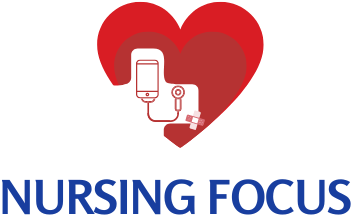By bridging the gap between theoretical knowledge and practical application, experiential learning plays an essential part in nursing education. It gives students the chance to put their knowledge into practice, refine their critical-thinking abilities, and receive practical experience in a range of healthcare settings.

Let us examine the benefits of experiential learning for nursing students and talk about how it helps them connect theory and practice.
1. Application of Knowledge:
Students can apply the theoretical knowledge they have learned in the classroom to actual patient care scenarios through experiential learning. It strengthens knowledge and reinforces concepts, making learning more significant and useful.
2. Clinical Competence Development:
Nursing students get real-world experience and develop clinical competence in a variety of patient care-related areas through experiential learning. In a monitored and encouraging setting, they gain the ability to carry out tasks including physical exams, medicine administration, and critical thinking.
3. Skills for Critical Thinking and Problem-Solving:
Experiential learning pushes students to think critically, deconstruct challenging situations, and generate well-informed clinical conclusions. It encourages the growth of problem-solving abilities, which are essential for nursing practice.

4. Forming a Professional Identity:
For nursing students, experiential learning opportunities help to form a professional identity. Students gain professionalism, communication abilities, and an understanding of the nursing profession's ethical obligations by interacting with patients, families, and healthcare teams.
5. Transition to Professional Practice:
Experiential learning prepares nursing students for the transition from academic study to professional practice. Students are better prepared and more competent as they join the workforce because it fosters confidence, professionalism, and a strong foundation of practical skills.

6. Interpersonal Communication and Collaboration:
Students have opportunity to improve their interpersonal communication and collaboration abilities through experiential learning. They gain the necessary communication skills with patients, families, and multidisciplinary healthcare teams to deliver comprehensive, patient-centered care.
7. Cultivation of Empathy and Cultural Competence:
Empathy and cultural competence are developed through experiential learning, which exposes students to a variety of patient populations. Students are better able to provide inclusive and culturally responsive treatment by being aware of the backgrounds, convictions, and experiences of their patients.

Nursing education programs can better prepare students for the reality of the healthcare industry and ensure they have the skills and competencies needed to deliver safe and effective patient care by including practical learning opportunities.
For more nursing tips and guidance kindly check out our mfocusreview.com website
To download our Nursing Focus app, click the following link:
Android Store:
https://play.google.com/store/apps/details?id=com.nursingfocus
Apple Store:
https://apps.apple.com/app/nursing-focus/id1633014109

